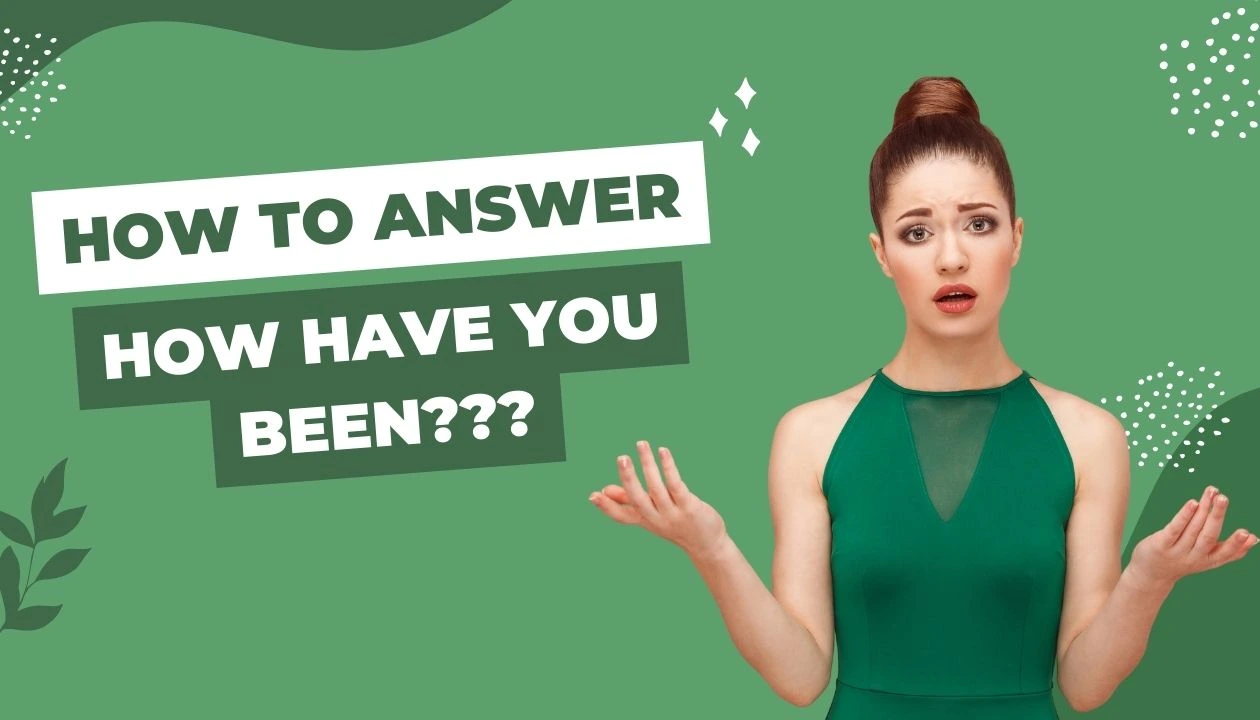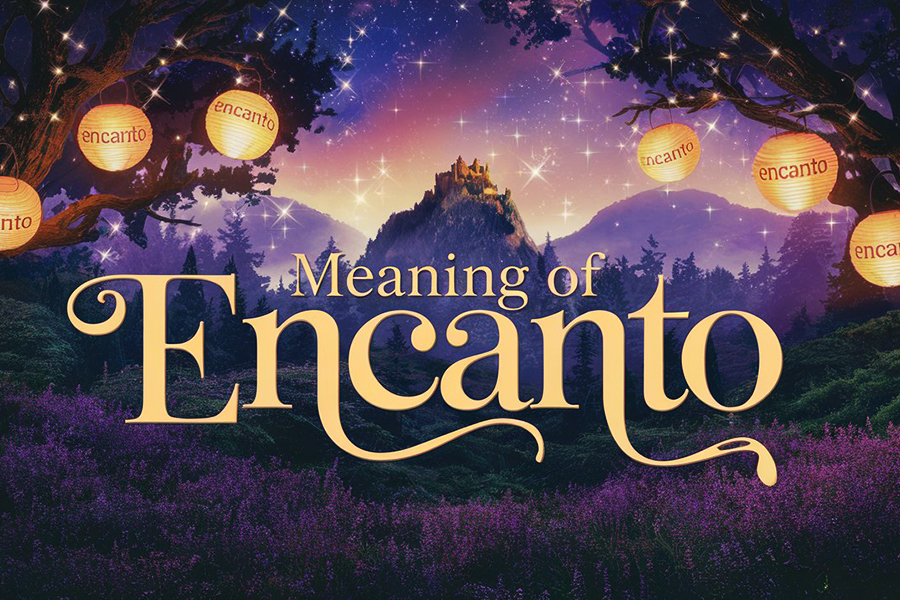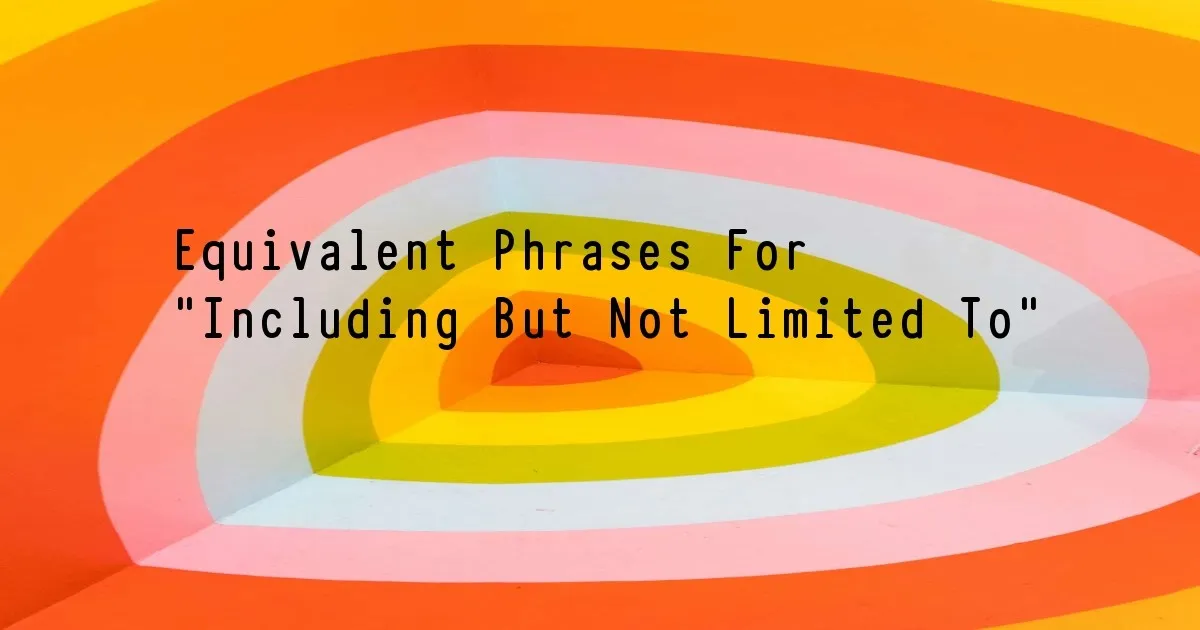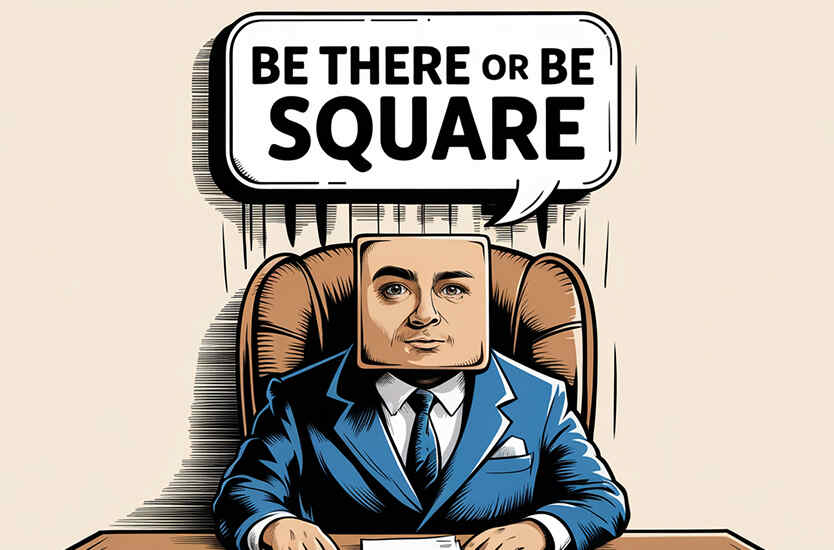What Are the Different Ways to Write “How Have You Been?”
The phrase “How have you been?” bears a lot of warm interest, goodwill, and an inquiry about the person’s welfare. Whether in person, through text, or via email, asking “How have you been?” is a common part of conversation. It can help set up a meeting or reconnect with someone you haven’t spoken to in a while. However, the way you phrase this question can change based on how formal you want to be, who you’re talking to, and the situation.
This post will provide examples of how to ask “How have you been?” in different contexts, like text messages, emails, or letters, and how these variations can affect tone and communication.
1. Simple Messaging or Friendship Messages
Comparatively, casual chitchat interactions may be in text messages or social platforms that are less formal than “How have you been?” The language is casual, may contain abbreviations or even emojis, and the whole tone of the communication is warm. In some informal texts, it is possible to lack submission formality and good grammar.
Examples:
– Hey! How’ve you been?
This version adds a positive tone by putting a smiley of happiness on it. It is as general and direct as a conventional form of salutation, showing concern for the other party’s well-being.
– Yo, how’s it going? Been a while!
A little less formal, like saying ‘Yo’ and ‘How are you doing?’ can be found when people speak to close friends or are equal in rank or age. It focuses on relaxation and how long it has been since you last saw the person.
– What’s up? How’ve you been holding up?
Appending “holding up” gives an impression of being worried about his or her emotional or physical status, making it closer to being referred to personally but still keeping it informal.
In these cases, the language is informal, sometimes implying familiarity or casual acquaintance with their partners. As an informal and blunt language, conversation stimulates familiarity that does not require an organizational hierarchy.
2. Emails to Friends or Family
On average, email interactions are less informal than their text counterparts, but “How have you been?” in an email to a friend or family member does not sound too cold. While emails are more formal, the language does not always have to be very formal with a receiver, particularly if you know them.
Examples:
– it’s been a while! How have you been?
This is an informal way to congratulate the interlocutor and note how much time has passed since you spoke with him. It is more casual, but you can use it in an email.
– So this is just a short message to check if you are okay with that. How have you been?
This version incorporates a small formalism by replacing Hello with I hope this message finds you well, but it is still informal and perfect for sister-to-sister emails or friends.
– I was just thinking about you! How’ve you been?
It is a friendly phrase suggesting that the recipient is more than a name on the list or an abstract individual_ selected from a crowd. It is ideal for spending a few minutes with someone you have a feeling for.
Although the format of email communication may be different, casual writing should remain friendly and natural while remembering the current status of the relationship between the correspondents. This shows that the typical message-encompassing features allow enough latitude to offer the casualness of a face-to-face conversation while maintaining the formality required for most business interactions.
3. Business or Workplace Emails
When writing to people in the same working field, it is more polite to be less personal and act more formally. One might not often ask, ‘How have you been?’ but there are manners of asking about someone’s well-being without being informal.
Examples:
– I hope you’re doing well. How have you been?
Variants of this phrase indicate an interest in another person and are suitable to use in a business environment. The courteous way of asking the question is through the phrase, “I hope you are fine”?
4. Social media messages and comments
It is important to note that everyday spoken languages are reflected not only on Facebook but also on Instagram or LinkedIn, where informal language and even emojis play the biggest part. Usually, writing “How have you been?” in this case, is informal. However, depending on the platform, it may change.
Examples:
– Hey! How’ve you been?
I’ve read the new post, and it seems very good!
This type of message is appropriate to send when you realize that such a person is active on, for instance, Facebook. The awkward, self-centered ending, but the compliment added, makes the interaction feel more intimate and close.
– Long time no see! How’ve you been doing?
This is another polite strategy that recognizes the conversation break and expresses concern for the other person’s life. There are always those cases where “long time no see” brings a little bit of an air of familiarity that, if you haven’t spoken to them in a while, you will say this.
– Hi, I hope everything’s good! How’ve you been holding up?
Here, holding up has been added due to caring for the person’s state, especially during tough times. It is a very considerate process of hooking up but still being considerate of the standard Australian etiquette.
In social media, tone can change depending on the type of social media or how close you are to the person. Each social platform can be more formal, like LinkedIn, or less formal, like Instagram or FB, and can use different language and emoticons.
5. Texting for Individuals in Love or in Close Connection
In close or romantic relationships, how are you? It can be a sign and evidence of a true concern and depth of feeling. The language in these messages narrows down to serious concerns with little or no playful words or even nicknames added to the message.
Examples:
Hi sweetheart, how are you up to? Miss you!
If you want to make this message more personal and sound like the sender is close to the recipient, you will use “Love.”
Hi sweetheart, how is everything going on? Been thinking about you!
It is a person asking something from another person but with a higher level of intimacy by using pet names.
Hello my darling, how does it go with you?
It is safe to say hi. I hope your life is going well. I’m glad it is.
This is a way of demonstrating care for the other person’s feelings, especially for lovers.
When people are in love, or at least know each other well, they use informal language that reveals even more about them. This brings a social aspect to the question, “How have you been?” Beyond just seeking information, it shows care for the person being asked.
Conclusion
As we have learned, there are numerous forms of the English phrase “How have you been?” The answer depends on the situation, the addressee, and the nature and degree of personal communications between the sender and the recipient. Moreover, you can use the same question while texting a friend, using email to speak to a coworker, or even when posting on social media.
The former might be used in a relaxed manner in an informal talk, while the latter is more properly neutral for business or formal correspondence. Intimacy or close associations can be intimate and express affection and love. By altering the tone of the question, “How have you been?” We can improve our relationships professionally, personally, and socially. This is the beauty of this simple question: It can be used with people of different backgrounds and across different communication platforms.

Recent Post
What is The Meaning of a Medusa Tattoo?
January 9, 2025
The Meaning of Encanto in Spanish and Origin
January 4, 2025
Equivalent Phrases For “Including But Not Limited To”
December 30, 2024
How To Make Weekend Greetings More Fun?
December 30, 2024
10 Modern Sayings Similar To “Be There Or Be Square”
December 30, 2024








